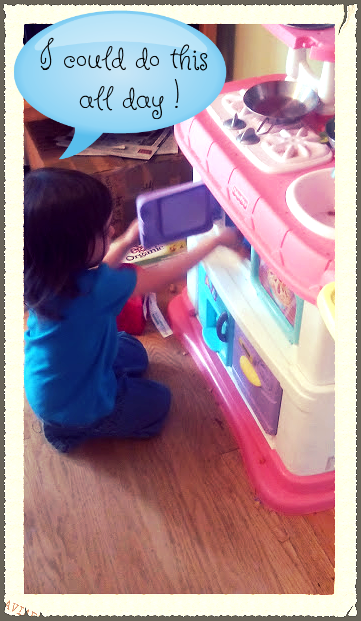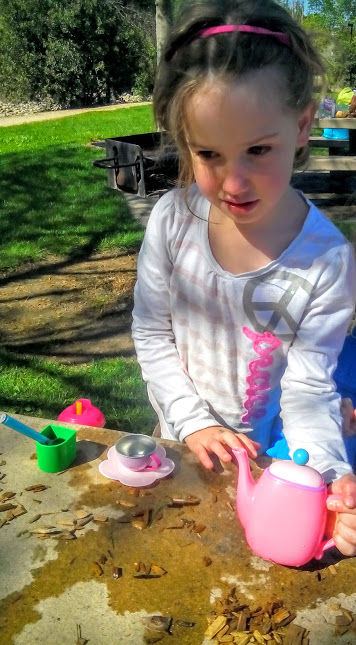Wanderlust Destination #1. Why I Choose Play as a form of Homeschooling
- Vanessa C.S.

- Apr 7, 2016
- 3 min read


There are a few things that I remember about my elementary years. For one, it was fun. Making crafts, putting glue on your hand to peel it off , running, believing in magic and glitter, and lots of laughing. These things all have such a wonderful positive effect in my life, and I am blessed to have had these.
How does the saying go... “ All good things, must come to an end.” Such a sad little saying. My junior years and then high school years are a blur of distractions, boys, and friends. It wasn't until I was out of school did I realize how much I loved it, and how much I regretted it . Thoughts of “I should have studied harder, worked hard, learned more” , echo in my head. Instead, I chose to play. But why? Is it really such a bad thing?
Play. It's ingrained in us. From baby to young child, that is how we have learned. However, it seems that once you reach a certain age, usually around 13, we are expected to not play, but to focus that energy on “what we will be when we grow up.” Peter Grey, author of “Free to Learn”, had this to say in his article “Give childhood back to children: if we want our offspring to have happy, productive and moral lives, we must allow more time for play, not less”.
"The main focus of my own recent research is on the value of play for children’s development. All mammals play when they are young and those that have the most to learn play the most. Carnivores play more than herbivores, because hunting is harder to learn than grazing. Primates play more than other mammals, because their way of life depends more on learning and less on fixed instincts than does that of other mammals. Human children, who have the most to learn, play far more than any other primates when they are allowed to do so. Play is the natural means by which children and other young mammals educate themselves. In hunter-gatherer bands, children are allowed to play and explore in their own chosen ways all day long, every day, because the adults understand that this is how they practice the skills that they must acquire to become effective adults.
The most important skills that children everywhere must learn in order to live happy, productive, moral lives are skills that cannot be taught in school. Such skills cannot be taught at all. They are learned and practiced by children in play. These include the abilities to think creatively, to get along with other people and cooperate effectively, and to control their own impulses and emotions.
My bet is that Gove would agree that now, even more than in the past, creativity is a key to economic success. We no longer need people to follow directions in robot-like ways (we have robots for that), or to perform routine calculations (we have computers for that), or to answer already-answered questions (we have search engines for that). But we do need people who can ask and seek answers to new questions, solve new problems and anticipate obstacles before they arise. These all require the ability to think creatively. The creative mind is a playful mind."
I want my children to explore. I want them to discover, grow , create, and hold on to that love of learning. I want to help guide them on their path to finding their purpose through a means of play. That's what I want, and from what I've gathered, that's what the kids want to do to.I want them to play.
I invite you to take some time today, and review what is most important in your life. And then , in your own creative way, explore it. Seek out a way to do something that has meaning and purpose to you, for your mind, body and soul. And then do it again, until the day you die.
Laura Ingalls: Ma, how long is all this learning going to take? Caroline Ingalls: We start learning the minute we’re born, Laura. And if we’re wise, we don’t stop until the Lord calls us home. Laura Ingalls: THAT long?
Vanessa C.Slichter is a domesticated homeschooling diva, event organizer, and blogger. When she's not doing these three things, you can usually find her in her craft room jamming out to Electro Swing.She currently resides in Davis,CA with her family.
Dr Peter Gray is a research professor of psychology at Boston College and author of the acclaimed textbook ‘Psychology’ (Worth Publishers). His recent book, ‘Free to Learn: Why Unleashing the Instinct to Play Will Make Our Children Happier, More Self-Reliant, and Better Students for Life’ (Basic Books, £18.99), is available now.



























Comments